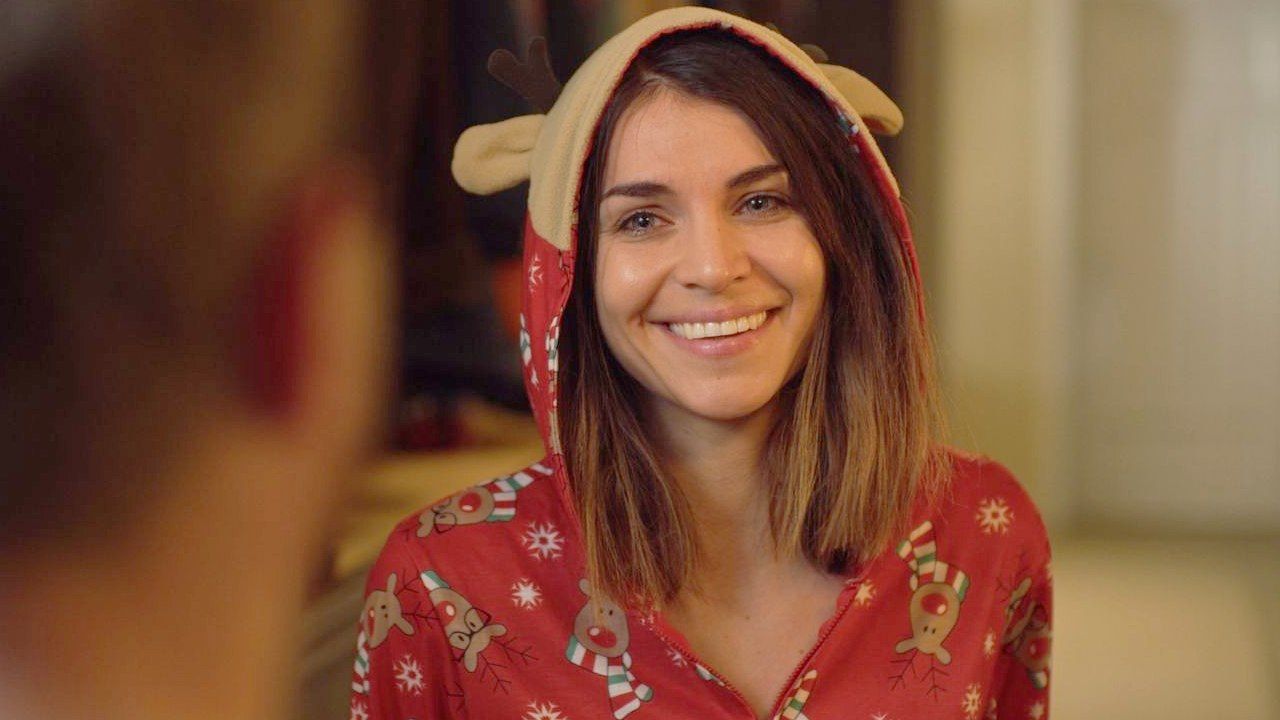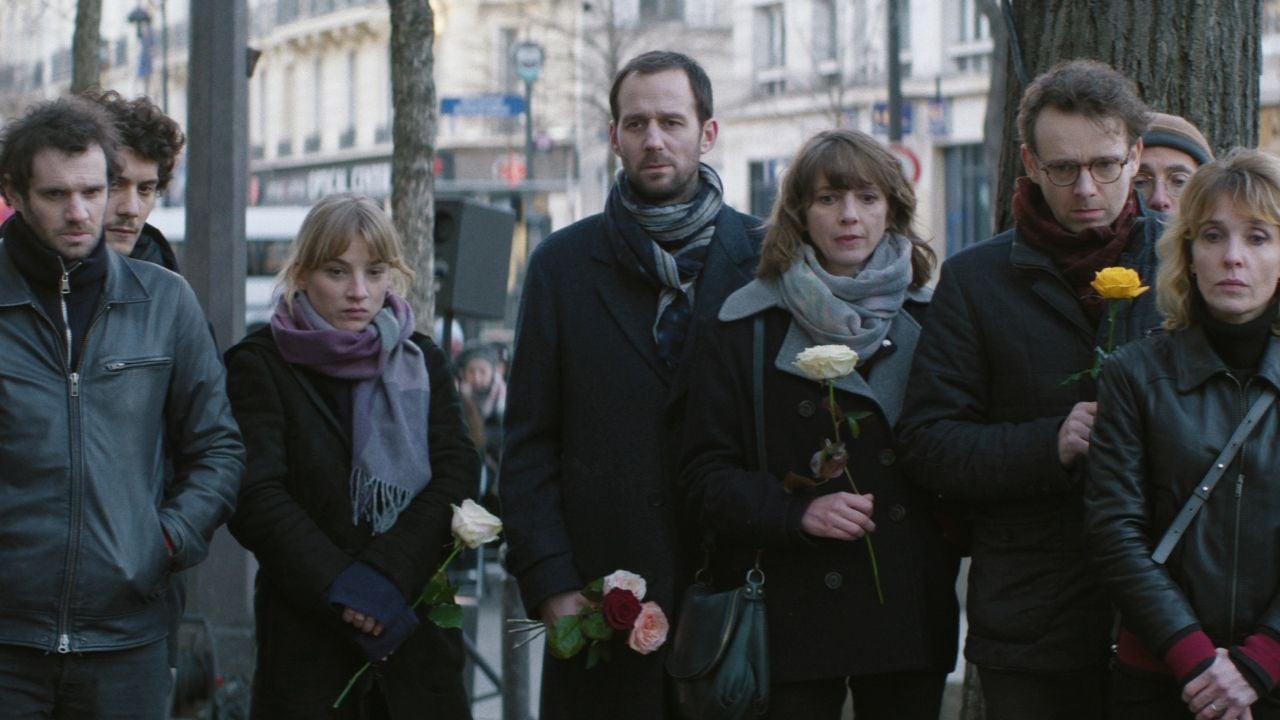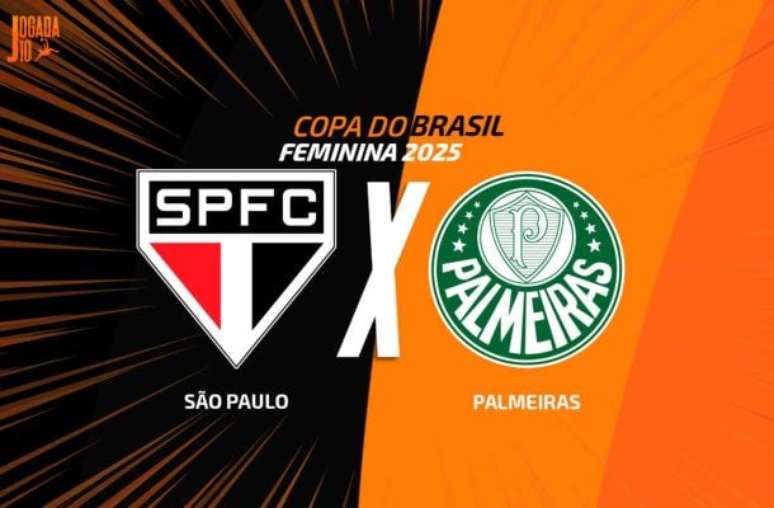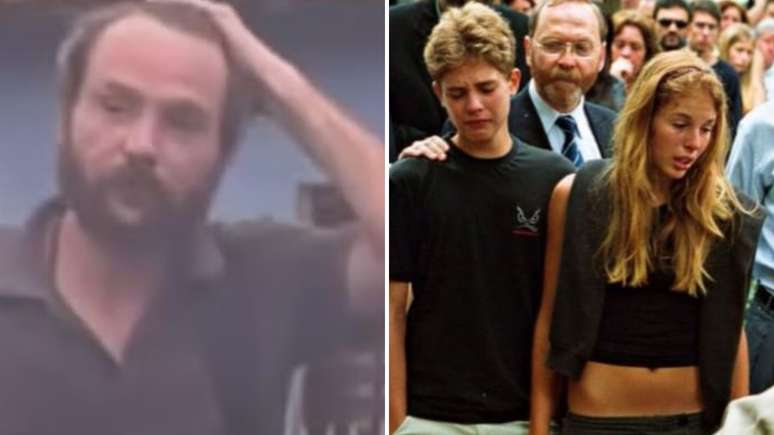Directed by the son of the Russian director, the film is presented at the Russian Film Festival in Bela Artes
Cherry on the cake Russian film festivalat Cine Belas Artes, it is undoubtedly the documentary Andrei Tarkovski – Cinema as a prayerabout the master of Soviet cinema in charge of such works as Andrei Rublev, Solaris And Nostalgia, among others. The film is directed by the director’s son, Andrei A. Tarkovski. With only the letter A to differentiate him from his father, Andrei does a great job of looking for a brilliant job. And with an emphasis on his father’s ideas, more than a director, a thinker of cinema.
The film airs Thursday 23 at 19. Until Sunday there are three other feature films by the country’s filmmakers, recent works and signed by women: a breathby Elena Khazanova (Friday), the first snowby Natalia Konchalovskaya (Saturday), e I want to get marriedby Sonya Karpunina (Sunday), with sessions always at 19.00.
At the beginning, we have this perspective examination of one of the most singular works of modern cinema. The documentary features excerpts from each of Tarkovski’s films, from Ivan’s childhoodthe last one, Sacrifice, which closes the cycle and gives it the metaphysical meaning sought by the author. Tarkovski himself comments on each of his films and associates them with a very particular aesthetic position.
Son of a poet father (Arsenij Tarkovski), the director keeps the dialogue between cinema and literature alive (he is a fan of Tolstoy and considers Fraction, by Shakespeare, the greatest work of literature). But he speculates that the so-called “seventh art” emerges to explain what none of the other six could do: learn time. No wonder it’s called his wonderful cinematic memoir carve out time (Martin Fontes). Tarkovski believes that cinema is the only device capable of “freezing time”, and that it appears at a precise moment, at the end of the nineteenth century, just when the question of time becomes pressing for humanity as a whole and not only for philosophers. .
This guideline serves as a guide to delving into his films, oceanic in depth, but also labyrinthine in form. Much is said of his cinema about him as a “metaphysician”, that is, he seeks something beyond realism, the raw real as it presents itself to us. Expressing that something beyond, indescribable within his limits, seems to be the greatest commitment of the artist, who, in this perspective, could only establish himself in the field of religiosity, in his search for the absolute. It is necessary to consider Tarkovsky as a representative of traditional and strong Russian culture, with all that it contains of symbolism, religiosity and mysticism.
With Ivan’s childhood (1962) wins the Venice Film Festival, one of the most important in the world. His award was controversial and Tarkovski was defended by none other than Jean-Paul Sartre, then at the height of his philosophical and political influence. However, the director was not happy: “Sartre defended me from a philosophical point of view; I wanted to see my film understood from an artistic point of view”. It is no small thing to be praised by Sartre and to be dissatisfied. But the curious fact reveals Tarkovsky’s perfectionist temperament and the formal rigor with which he constructs his work, step by step.
He also says he relived the conflicts with his father The mirror and that the favorite among his films is stalker, one of his most enigmatic works. Sci-fi fans will not forget this Solaristhe Soviet response a 2001 – A Space Odyssey, by Stanley Kubrick. And critics might prefer Andrei Rublev. But it is the whole of his work that is fascinating to our contemporary eyes, so attached to the matter and to the immediate.
With this radical spirituality, it is natural that Tarkovsky found opposition in the historical-materialist environment of the then Soviet Union. Considered to be his greatest creation, the mystic Andrei Rublev was considered “ahistorical, anti-Russian and individualistic”. Relations between the artist and cultural bureaucrats have only deteriorated. He accuses the Soviet authorities of having sent an emissary (also a director Sergej Bondarchukauthor of a respected version of Anna Karenina) for hurting him on the Cannes Film Festival jury. He blames his compatriot for the defeat of Nostalgia, a film shot in Italy. Revolted and perhaps fearful of reprisals, he decided not to return to the country. His next film – the last one -, Sacrifice, was shot in Sweden. It’s a nice testament. Rich, painful and unforgettable.
? Russian Film Festival – Around the World:
Thursday (23)
19h – Andrei Tarkovsky. Cinema as a prayer
Friday (2)
19h – a breath
Saturday (25)
19h – the first snow
Sunday (26)
19h – I want to get married
SERVICE
Russian film festival
Date: June 23-26, 2022
Hours: 19:00
Admission: free – collection at the cinema box office
Where: Cine Petra Belle Arti. Rua da Consolação, 2423
Source: Terra
Emily Jhon is a product and service reviewer at Gossipify, known for her honest evaluations and thorough analysis. With a background in marketing and consumer research, she offers valuable insights to readers. She has been writing for Gossipify for several years and has a degree in Marketing and Consumer Research from the University of Oxford.







